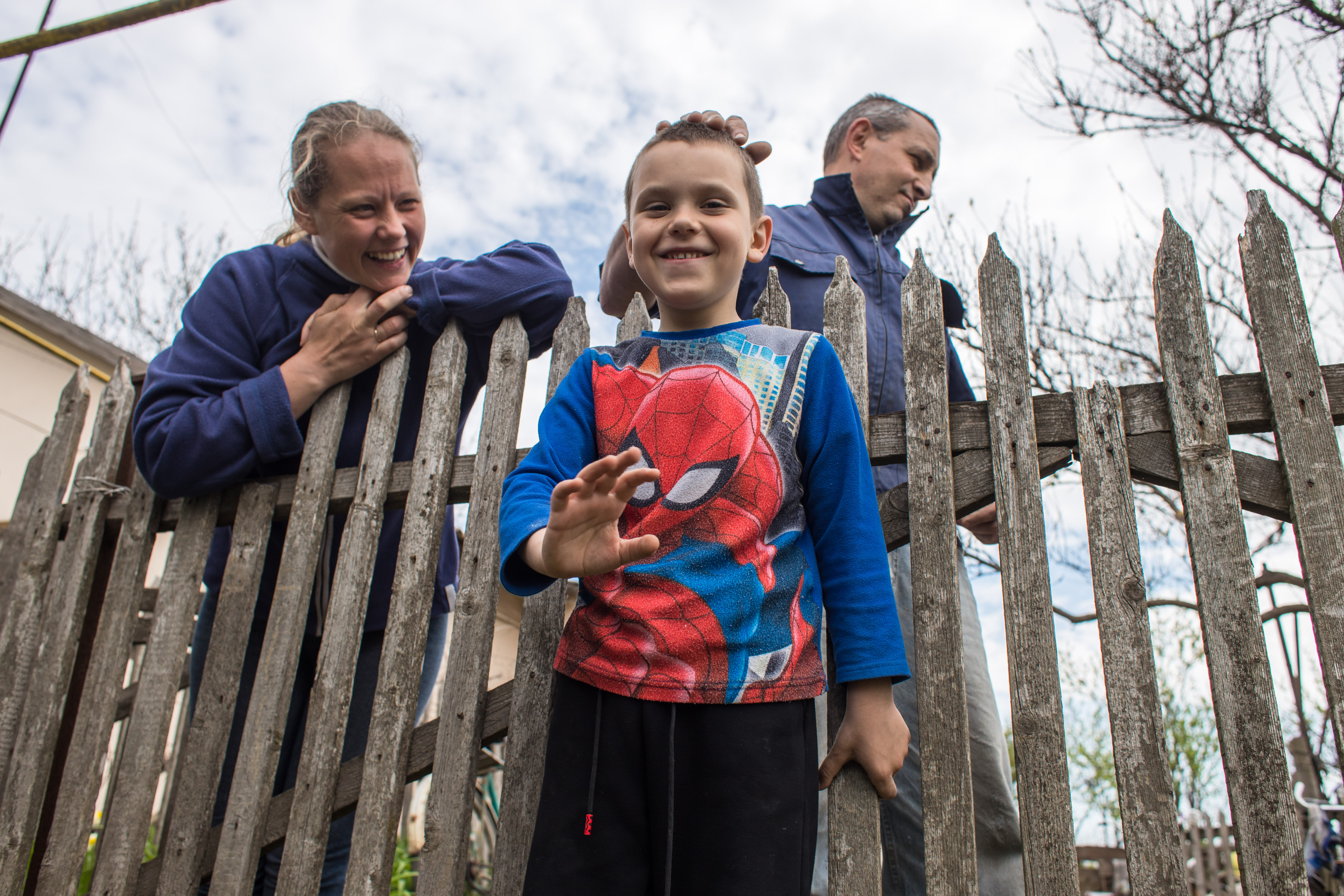
Editor's note: The Kyiv Independent is exclusively re-publishing reports prepared by the Canadian Institute of Ukrainian Studies (CIUS) of the University of Alberta (Edmonton, Canada). CIUS launched its Media Monitoring Service (MMS) in the spring of 2022 to identify and critically assess dominant narratives, with a special focus on disinformation, in selected key Canadian and U.S. publications regarding contemporary Ukraine. The purpose of MMS is to inform experts and the general public how Ukraine and Ukraine-related events are reported on and bring attention to contentious ideas and claims that may be perpetuated in the media to Ukraine’s detriment.
Find the latest report on the U.S. media coverage below:
Three publications (The Conversation, The New Yorker, and National Review) were selected to prepare this report on how the situation in Ukraine has been portrayed in the North American press during the past week (1–7 April 2023). The sample was compiled based on their impact on public opinion as well as on their professional reputation, popularity among the readership, and topical relevance. These three publications represent centrist and conservative viewpoints on the political spectrum.
This report covers only the most-read and relevant articles about Ukraine, as ranked by the respective North American publications themselves in the past week. Its scope covers promoted articles on home pages and articles from special sections on Ukraine, with the hashtag #Ukraine, from the paper editions of the publications, and about Ukraine from opinion columns and editorials.
Russia’s forceful displacement of Ukrainians is a centuries-tested practice of conquest. Darius von Guttner Sporzynski (The Conversation) writes about the ruling of the International Criminal Court that Russia’s abduction of Ukrainian children is a war crime for which President Vladimir Putin should be held accountable. According to official UN data, more than 6000 children have been forcefully relocated to Russia since 24 February 2022. Von Guttner Sporzynski highlights that the tradition of abduction and forced displacement of the non-conformist population is deeply rooted in Russia’s history. He starts from the 16th century, when the first deportations of citizens of the Grand Duchy of Lithuania started, then follows to 19th -century Poland, where around 60,000 people were deported following two anti-Russian rebellions, and ends with the 20th century: “It is estimated that between 1936 and 1952 at least three million people were deported across the western territories of Soviet Russia and transported thousands of kilometres away to Siberia and Central Asia.” Von Guttner Sporzynski concludes that the children who get abducted today from Ukraine may not find their way back home after the war ends.
Continue to the full report here.
Comments
No comments yet. Be the first to react!